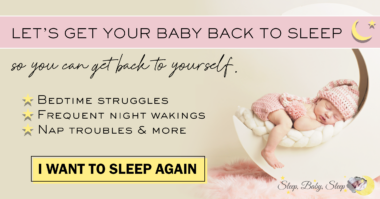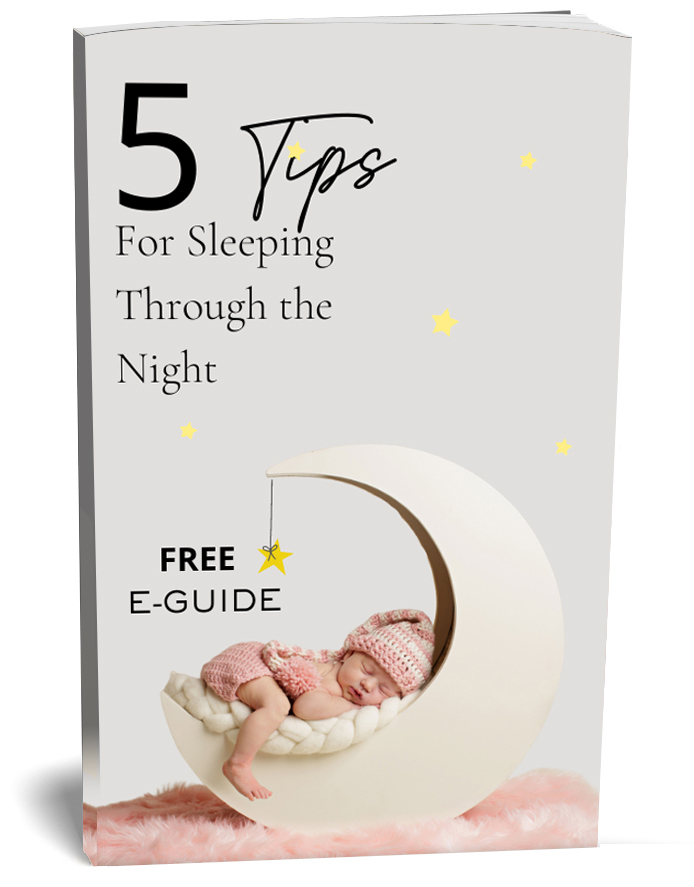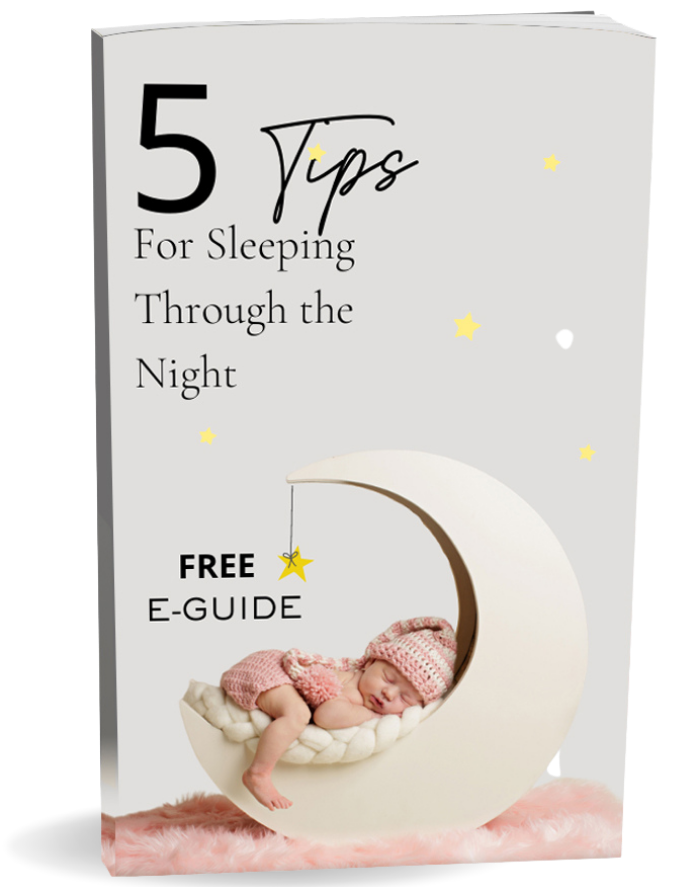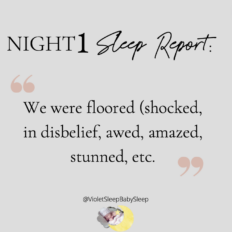
Wondering how to stop comfort nursing, or if you even need to?
Breastfeeding is both nourishing and comforting. A special moment designed especially for mommy and baby. An opportunity for mommy to step back from all her multitasking chores, and relax while bonding with her baby.
It’s a little bit of magic – sleep magic!
The physical act of sucking releases sleep-inducing hormones for both mommy and baby. This can be very handy for falling back asleep easily during those first months where your newborn continuously wakes up, instead of being wide awake.
Breastfeeding really is a powerful tool we’ve been given to not only help us put our baby to sleep but to help us stay calm during those hectic moments of “mommyhood.” During a busy day, there is nothing better when you’ve reached sheer exhaustion than to sit down with your little baby to nurse her to sleep, whilst feeling that sense of euphoria surrounding you as you begin to feel those hormones release.
It kind of gives you that feeling that everything is going to be okay. That you’re doing a good job! A bit of calm during a storm. Breastfeeding during the day is kind of like, a “forced relaxation” moment.
Is comfort nursing a bad thing?
As I said earlier, breastfeeding is for nourishment and comfort, and really was the first pacifier designed. This easy comfort aid designed for you and your newborn baby should be taken full advantage of.
As the saying goes, “Don’t fix something that isn’t broken.” If you’re finding nursing your baby to sleep easy and your baby is sleeping great, then you should never feel you need to change things just because you have heard comfort nursing is “bad”. This just adds extra stress and isn’t productive. The few months of your child’s lifetime that you spend breastfeeding them is so short, yet will leave them with memories of your love and comfort for a lifetime. If your baby is sleeping great, then there’s no reason to change this!
So am I creating a bad habit by nursing my baby to sleep?
Well, once your baby no longer needs night feedings (somewhere between 3-6 months), the nourishment part of breastfeeding becomes less needed which leaves your baby with more of the comfort part. Of course, if all is going well, and both you and baby are happy and relaxed, no one is losing sleep, and your baby is already showing signs of independence on their own, then don’t stop!
Make sure you are feeding the “need” and not the “want”
Another common problem is that parents often think that their baby still needs night feedings, when in fact their baby is ready to sleep through the night. The equation is simple when it comes to comfort feedings. As long as they are offered, baby will continue to wake and ask for them. Even well beyond the age and development of being able to sleep through the night. You have to make sure you are feeding the “need” and not the “want”. A baby will continue to wake and ask for comfort feedings because they want them, but more often than not, your baby doesn’t really need them.
Comfort nursing is not a bad thing, at all! It’s when a baby can’t go back to sleep without the comfort nursing, is up all night, losing sleep that his growing body needs, that it becomes troublesome. At that point the benefit of teaching your baby to sleep well outweighs the benefits of comfort nursing. Since babies need a proper amount of sleep to grow and develop. And you need your sleep to parent that precious little one without feeling exhausted.
When Comfort Nursing Interferes With Sleep
If you’re beginning to feel that nursing your baby to sleep is definitely starting to interfere with sleep, or that the comfort feedings are becoming increasingly demanding and your baby is finding it impossible to settle without breast/bottle or pacifier in mouth – then their comfort nursing is a cause of concern and you very well may start feeling frustrated and overwhelmed.
How to Stop Comfort Nursing Troubles
Not every mother goes through the same experience or finds breastfeeding easy. Each baby has different wants or needs which coincide with their little character. What works for one mother, just might not work for another.
You might not only be experiencing comfort nursing trouble, but sometimes the worry of how your baby will be able to cope or fall asleep when he’s without you, or when he has to start daycare can be a cause of concern.
The good news is babies can definitely go to sleep on their own without nursing, and it’s never too late to start making a change. Here are a couple of ways:
Allocate comfort feeds
Instead of thinking that you need to quit cold turkey from letting your baby fall asleep while breastfeeding, allocate a time for comfort feeding. In other words, decide if you want to stop the comfort feeds at night or during naptime feeds. Decide that you’re going to let your baby fall asleep on the breast for naps only and choose a non-sucking method for bedtime. Or vice versa. Sometimes this is all that is needed.
Don’t wait till they fall asleep
Before your baby completely falls asleep while on your breast, simply slide your finger in his mouth, releasing his grip on your nipple, and then gently close his mouth. This discourages your baby from wanting to suck. If he wakes up just repeat the process of, nursing, releasing, and closing his mouth until he learns the drill. You’ll find this technique to work with breast, bottle or pacifier.
Develop a sleep training routine
Try introducing a sleep routine where the feeding is given at the start of routine. This will help your baby move away from the association of breastfeeding and sleep. They will learn to self-soothe without needing to nurse.
Sleep Baby Sleep to the Rescue!
Still wondering how to stop comfort nursing? If you’d like some help with easing your baby out of comfort nursing through successful and gentle sleep training methods, you’ve come to the right place!
Determining whether or not your baby is feeding for comfort and teaching independent sleep, is one of my specialties! I can help you through the whole process by creating a custom sleep plan and guidance every step of the way.
Don’t waste another night’s sleep. Check out my Sleep Packages. Remember: my methods are gentle but very effective, with an almost 100% success rate.
In the meantime, have a look at what others are saying about how I helped their babies learn to sleep through the night. Sweet dreams!





















